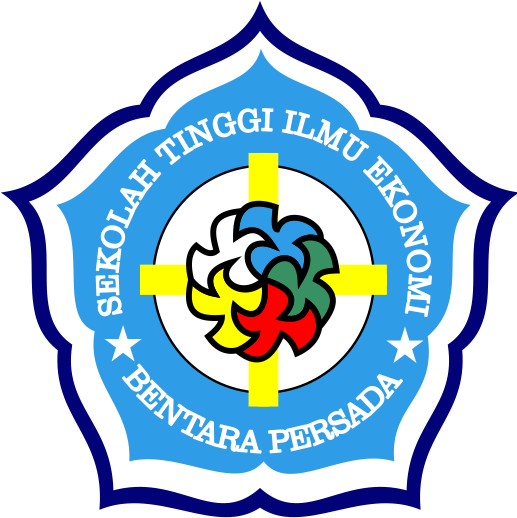Publication Ethics
Publication Code of Ethics
Publication of an article in Tractare Jurnal Ekonomi-Manajemen is an important element in the development of knowledge networks. Submitted articles do not contain elements of plagiarism, and have not been published in other journals. The journal publisher owns the copyright to the content of the published article. Articles deemed unfit for publication will be returned to the author. The contents of the article are the sole responsibility of the author. The editorial board has the right to make edits in accordance with the Tractare Journal template. Each article submitted will be assessed by bestary partners selected by the editorial board. Published articles serve to support and realise the development of scientific methods. Therefore, it is very important to agree on publication ethical standards for all parties involved in a journal publication, including authors, editors, editorial boards, bestarial partners, publishers and the public. These publication ethics rules apply to authors, reviewer editors, editorial board members, and editor-in-chief referring to the Committee on Publication Ethics (COPE) (https://publicationethics.org/core-practices).
Publication Decision
The editor of Tractare Jurnal Ekonomi-Manajemen has the responsibility and authority to accept, or reject, articles to be published after peer-review by reviewers.
Reviewers assist editors in making editorial decisions and through editor communication with authors. Reviewers are given a period of time to review the article. After this process, the editor-in-chief of Tractare Journal is responsible for deciding which articles to publish, based on whether or not copyright and plagiarism requirements are met. The editor-in-chief consults with the editors and reviewers in deciding which articles to publish.
Duties of the Board of Editors
- Editors and editorial members must not disclose information about submitted articles to parties unrelated to the publication process, protecting the confidentiality of all individual data and information related to the publication.
- The editor is responsible for deciding which articles are worthy of publication through the editorial board meeting.
- In the process of accepting articles, the editorial team is based on the principle of equal treatment.
- In the journal review process and making publication decisions (articles), the editorial team does not distinguish between the race, gender, religion, ethnicity, nationality, or political ideology of the author.
- Manuscripts (articles) that are not published after submission will not be used by the editors' own research and will be returned directly to the author.
Duties of the Editor-in-Chief
- Evaluate manuscripts fairly and solely on their intellectual merit.
- Ensure the confidentiality of manuscripts and not disclose any information regarding manuscripts to anyone other than those involved in the publishing process.
- Has the responsibility to decide when and which articles will be published.
- Actively seek the views of board members, reviewers and authors on how to improve the image and visibility of the journal.
- Give clear instructions to potential contributors about the submission process and what is expected of authors.
- Ensure appropriate reviewers are selected/identified for the review process.
Reviewer Duties
- Reviewers assist editors in making decisions on submitted articles, are responsible for the recommendation of reviewed articles, are responsible for citations, references, and plagiarism of reviewed articles, and maintain confidentiality of information for personal gain.
- Reviewers provide detailed and reasoned objections and suggestions related to the research and the way it is presented in the work. Reviewers are not responsible for communicating with authors.
- Reviews should be conducted objectively. Reviewers should express their views clearly with supporting arguments.
- Reviewers may suggest sources of citation for published works that have not been cited by the authors. Reviewers can also inform the editor when there is a similarity of substance or an overlap of substance in the reviewed manuscript.
Author Duties
- Authors have the responsibility to present and ensure their articles or research are original, clearly referenced, and do not contain plagiarism.
- Authors must comply with publication requirements in the form of originality of work, no plagiarism, and have not been published in other journals or publications.
- Authors may not submit the same article to more than one journal. The author does not object if the manuscript undergoes editing without changing the substance or main idea of the writing.
Originality and Plagiarism
Authors must ensure that they have written a completely original piece of work, if the author has used the work and/or words of others, then these have been cited and make a plagiarism-free statement. Plagiarism in all its forms constitutes unethical and unacceptable publishing behaviour.














